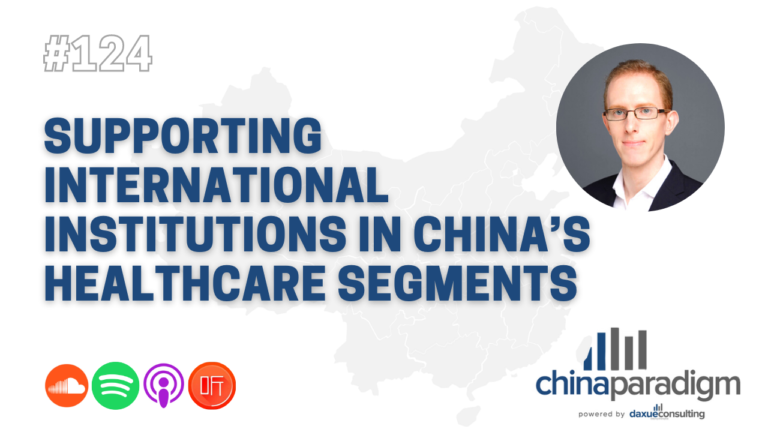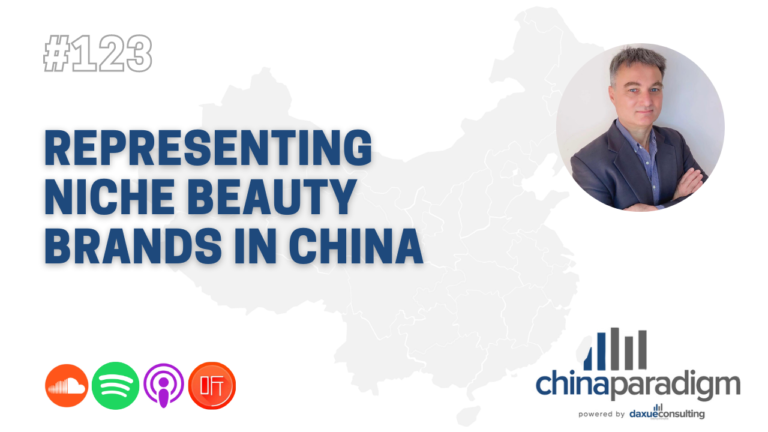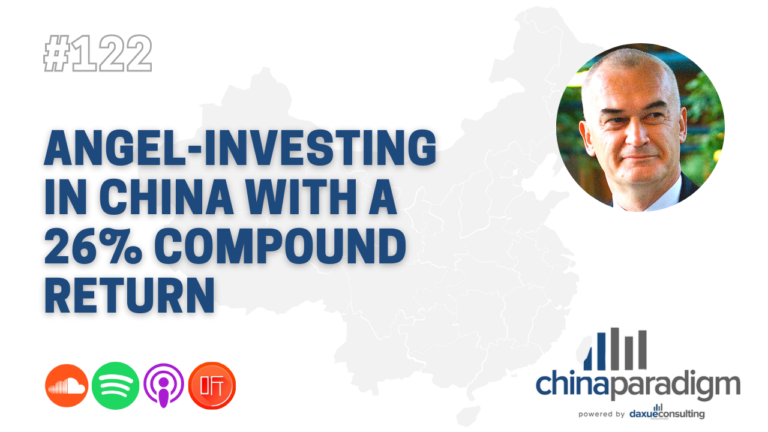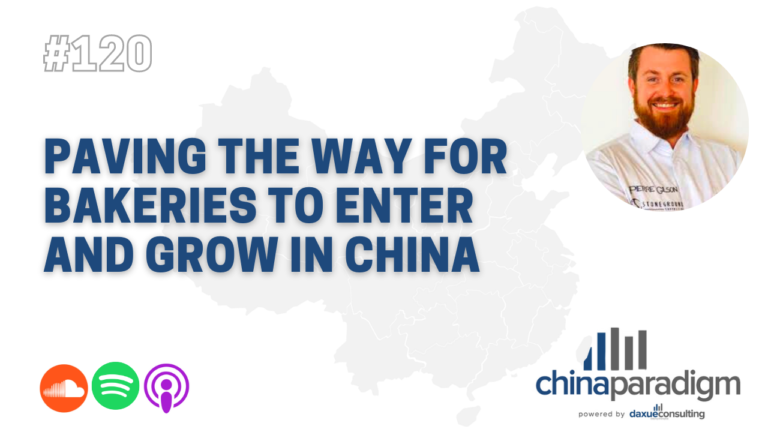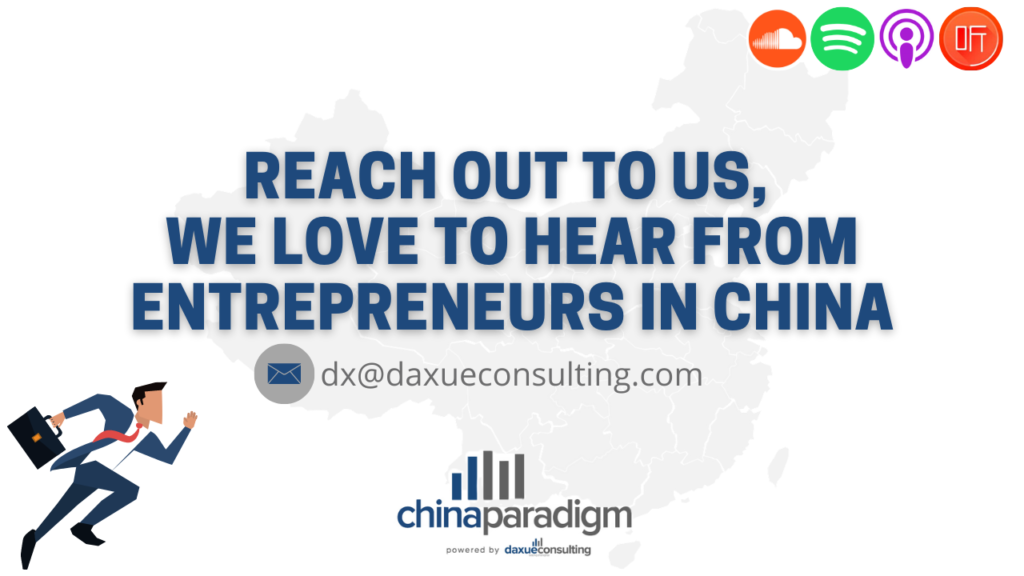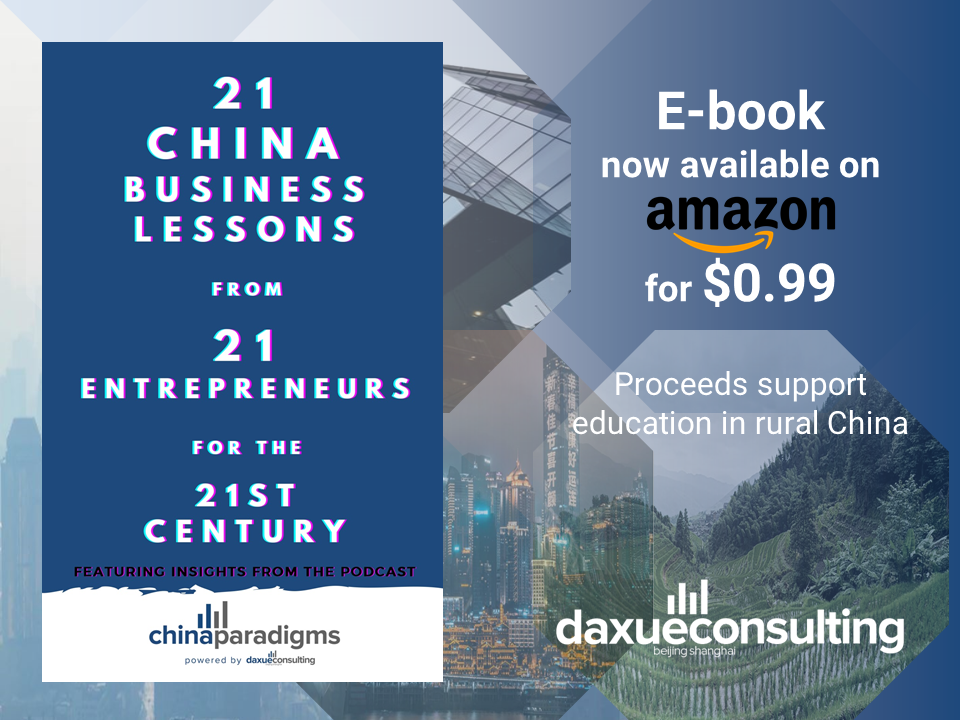Lead generation in China
China Paradigm interviewed Olivier Vérot, co-founder of Gentleman Marketing, to discuss the hot topics of word of mouth marketing, SEO, SEM, and lead generation in China.
Olivier Verot, an expert in digital marketing and lead generation in China
Olivier Vérot arrived in China in 2007 after studying business at ESC Clermont and fell in love with this country and its economic dynamism. He quickly became famous among entrepreneurs in China thanks to his China marketing blog, where he shares his analyses on the Internet in China, which has become the top 5 French sites on Chinese marketing. After living in several cities such as Dalian and Suzhou, he founded his digital marketing agency in China, Gentleman Marketing in Shanghai.
Today Olivier is the CEO of this digital marketing agency in China and also writes numerous articles for influential media in China, France and around the world such as Analyst, Huffington Post, e-marketing and the Journal du Net.

Gentleman Marketing, a smart digital marketing agency in China
Gentleman marketing is an agency focusing on the digital ecosystem in China, especially in terms of SEO, SEM, social media, and word-of-mouth marketing. Today the agency is composed of 70 people and has as a turnover of around 3 million USD.
This agency specialized in digital marketing in China provides three types of services to its clients:
First, they help clients who want lead generation such as service, tourism, or industry companies. They help them get the most of SEM and SEO in China. They also have another segment of clients who need branding strategies. They provide a total solution for brands, including social media, PR, online PR, influencer marketing. They help, for example, their clients selling in China in driving quality traffic to their stores. Finally, their third service is about distribution in China. They leverage the branding to activate different sources of distribution, physical distribution in general stores.
Baidu versus the new emerging search platforms in China
According to Olivier Vérot, the digital ecosystem in China is more complicated than the simple opposition between Baidu and other platforms. The market has been divided by a lot of different search platforms in China. He explains that Baidu remains quite general meaning that if users want to search for information about beauty, cosmetics, and fashion, they will directly go on Baidu because it is easy. On the other hand, if people want to search for information about traveling, they will search on Mafwengo, which is like TripAdvisor, or directly on Taobao.
‘‘People are using less and fewer Baidu because their results are less and less relevant. After a lot of scandals, basically, the users are losing trust from these platforms, and a lot of different players come and become THE platform for one kind of specific industry.’’
To smartly work on these different search platforms in China, Olivier Verot explains that you have to understand the mechanics. Every platform has its system of calculations, and since you have understood it, you just need to adapt in terms of SEO in China.
He took the example of Sohu:
‘‘Sohu is taking a lot of users from Baidu: users who want more qualitative.’’
He notes that Sohu and Baidu are not real competitors because Sohu is just copying Baidu’s results without bringing something new to the market. They borrow the same business model, same ads system, etc. A platform that really innovates comparing to Baidu today is Wechat because you can’t find Baidu’s results on Wechat, but they don’t really develop the search side, it is much more social.
How to drive quality traffic on e-commerce platforms in China?
‘‘In China in 2019, we see a trend of social e-commerce. People are spending a lot of time on social media, and after all, when they’re interested in some things, they will buy the stuff they want.’’
It means that a lot of young consumers are on social platforms like Xiaohongshu not to search for information but just to follow influencers that may be advertising products. And this is what is going to drive 80% of the sales.
‘‘Most of the sales come from the social community, so people are following brands, trying to figure out if this product is cool and nice, to then try it and buy it. So, it’s an excellent way of getting new clients.’’
E-commerce platforms in China like Taobao and TMall also tried to do the same in integrating KOLs on their platforms where they have recognized live streaming. In any case, Weibo has also linked to Taobao and Tmall ecosystem so if they are not only a Weibo, but they are also on Taobao platforms, and they are doing a lot of live streaming, so they are Taobao influencers and Weibo also basically links to Taobao and TMall ecosystem. So, it’s a major source of quality traffic in sales towards these e-commerce platforms in China.
‘‘Influencers are playing a big, big, big part of the e-commerce strategies, so by offering product, give them money, they will speak about one brand, and they will basically relate this brand as very, very popular.’’
Listen to this episode here:





